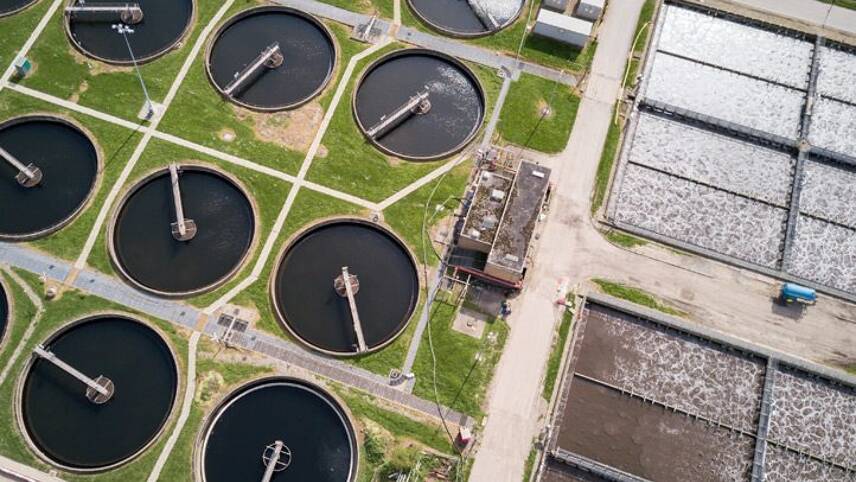Register for free and continue reading
Join our growing army of changemakers and get unlimited access to our premium content

Progress on the goal will be independently assessed each year
In August, the UK’s nine major water and sewerage providers, including Yorkshire Water, Anglian Water and United Utilities committed to planting 11 million trees in order to improve the natural environment across 6,000 hectares of English land as part on an overarching ambition to become a carbon-neutral sector by 2030.
In December, the UK’s major water companies launched the first major project to develop a roadmap that will help the sector achieve net-zero carbon emissions by 2030. The sector named Ricardo and Mott MacDonald as the consultancies that will act on behalf of Water UK and UKWIR to carry out research that will create a practical, step-based approach to the net-zero pledge.
The two consultants have now outlined options for water companies to explore to help achieve the sectoral goal.
Options include: reducing emissions from wastewater treatment processes by reducing methane releases, improving energy efficiency, increasing self-generated renewables use from solar and anaerobic digestion, procuring renewables electricity, providing biogas to the grid, moving to electric for construction equipment like diggers and rolling out electric and alternative fuel vehicles for fleets.
Water UK Chief Executive Christine McGourty said: “The water industry has made an ambitious pledge to achieve net-zero carbon by 2030. It’s a big challenge, but water companies are committed to protecting and enhancing the environment and intend to be part of the solution to the climate crisis. This new analysis setting out climate-friendly options is an important step forward.”
The water industry has collectively reduced operational emissions by 43% since 2011, with companies within the sector increasing renewable electricity generation by more than 40% in the same timeframe.
However, the net-zero goal is reflective of the broader national net-zero ambition for 2050, which in turn is aligned to the Paris Agreement’s pathway to limit global temperature increase to well below 2C.
Progress on the goal will be independently assessed each year.
The companies have already agreed to the tree-planting initiative. According to strategies outlined by the Committee on Climate Change for the UK Government’s net-zero climate target, UK woodland coverage will need to increase from 13% of land to 17% by 2050.
Last year, more than 14,000 trees were planted at Ogden Water as part of Yorkshire Water’s “big goal” for the environment, which aims to create new “green infrastructure”. Last month, edie spoke with Yorkshire Water’s head of sustainability Gordon Rogers on the water industry’s transition to net-zero and a look at the company’s own Carbon Week of employee engagement, for a special episode of the Sustainable Business Covered podcast. You can listen to the episode here.
Matt Mace


Please login or Register to leave a comment.